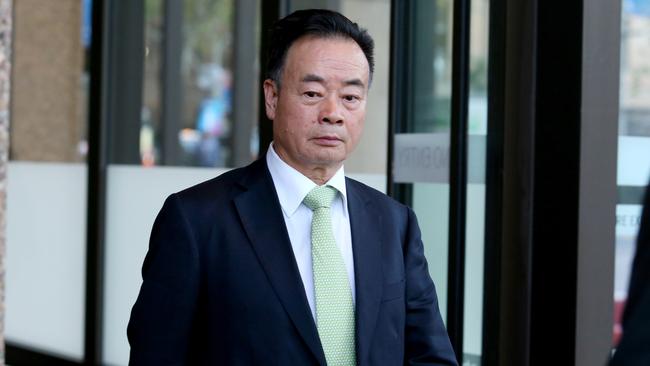
Last week’s show started with a pile-on against the Liberal federal MP for the Sydney seat of Hughes, Craig Kelly. The show was wrong on most COVID-19 claims. As Andrew Bolt pointed out on Sky News on Tuesday night, Melbourne’s Herald-Sun had published a story on Monday afternoon from a group of GPs, urologists, psychiatrists and surgeons calling itself the COVID-19 Medical Network, asking health authorities to allow them to use hydroxychloroquine and ivermectin to treat coronavirus patients.
This column last week said many studies in the past year had showed Kelly has a fair point, even if the largest studies in The Lancet and The New England Journal of Medicine were negative on HCQ. Media Watch ignored any evidence Kelly could be partly right as it hunted for footage of Kelly being interviewed by Sky News “After Dark” hosts.
Host Paul Barry lifted a grab from Network Ten’s The Project, of infectious diseases associate professor Steven Tong saying: “We know for sure that hydroxychloroquine doesn’t work”. Barry ignored that Kelly is specifically talking about HCQ with ivermectin and zinc early in the infection, a treatment being used across Asia, India, parts of the US and the Czech Republic.
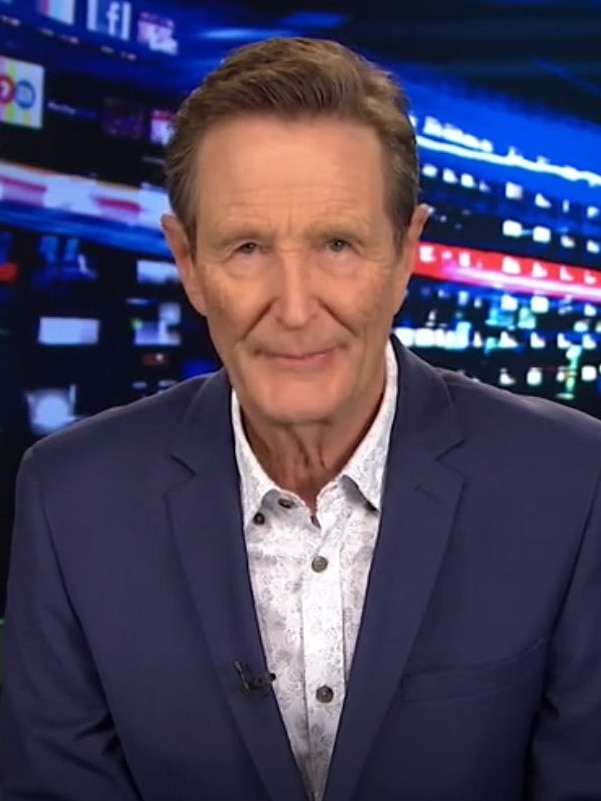
Bolt on Tuesday said The American Journal Of Medicine had reported only last month that HCQ can work. He went on to quote World Health Organisation spokeswoman Dr Maria Van Kerkhove, speaking the Friday before Media Watch, about 11 studies showing positive results for ivermectin. Dr Kerkhove said the WHO was closely following research on “this drug which is showing promising results in some trials”.
Much more worrying on that night’s Media Watch was Barry’s soft reporting of the previous week’s defamation loss by ABC’s Four Corners and the Nine newspapers in a case brought by Australian citizen, Chinese-born billionaire Chau Chak Wing, who was awarded $590,000 in a scathing judgment by Justice Steven Rares in the Federal Court.
Barry gave the issue just over three minutes, showed no sign of having read the judgment and claimed the case would have a “chilling effect” on investigative journalism. He did not mention that The Age and The Sydney Morning Herald on February 3 had contrived on their front pages to mislead their readers about the judgment and its criticism of Four Corners and the Nine newspapers.
The 2017 Four Corners report, a joint project with Nine investigative journalist Nick McKenzie, alleged Dr Chau was a member of the Chinese Communist Party and had used an Australian Chinese lobbyist, Sheri (Shiwei) Yan, to pay the corrupt — now dead — former president of the UN General Assembly, John Ashe, a $US200,000 bribe.
The case progressed in various courts before different judges for almost four years. As many as five attempts by the publishers to plead truth and later to amend their truth pleadings were thrown out at different stages.
Justice Rares’s final judgment on February 2 is scathing of the efforts of Four Corners to find the truth of the allegations. And despite Barry’s gushing praise of the investigation it is clear from an earlier judgment by Justice Rares on October 10, 2019, that the ABC did not even know a key part of its allegation was factually wrong.
Worse still, the entire matter had already been the subject of separate defamation actions against News Corp affiliates Nationwide News (The Daily Telegraph) and News Life Media (news.com.au) and by Fairfax Media in 2015 over stories falsely alleging the same bribery attempt by Dr Chau of Mr Ashe. News settled for $65,000 while Fairfax (and later, Nine) went to court, lost and was ordered to pay $247,000 plus costs. Media Watch missed that too.
All journalists make mistakes and the two involved in this story, Nine reporters McKenzie and Chris Uhlmann, are among the country’s best.
But Media Watch had a duty to examine the way the ABC and the Nine newspapers reported their court loss. Rather than fairly and accurately report findings that vindicate Dr Chau, The Age and SMH hid their reports of the court case near the bottom of the inside page spills from a page one story about the tabling of an FBI dossier last Tuesday week in federal parliament by member for Goldstein and former freedom commissioner Tim Wilson. Wilson moved the very day Justice Rares handed down his decision.
In media terms, the tabling gave the newspapers cover to hide the adverse court judgment inside the reporting of the parliamentary tabling and leave readers with the impression their original reporting was correct despite the defamation loss. Except that original reporting was full of mistakes.
Wilson said in parliament: “Free and informed debate is essential for healthy democracy”. He went on to conflate different charges against Sheri Yan who in the end pleaded guilty to a separate matter from the one cited by Wilson, the Four Corners program and the newspapers.
Justice Rares nails the failure of the reporting — the FBI dossier sealed file concerned a payment made by Yan to John Ashe at the UN to attend a conference Chau was planning to host at his property in China in 2013.
Wilson last week would not discuss problems with his statement or his decision to table the dossier, saying only: “The objective of the tabling was to have it accessible and available to the public, and covered by parliamentary privilege so people can make up their own minds on its contents.”
Sounds good until you realise the entire FBI dossier had already been provided to the court by the publishers’ lawyers. And Justice Rares had written extensively that the dossier was of no import to the Chau matter and that Yan did not in fact plead guilty to the matter described in that report.
In fact the charges Wilson, Four Corners and the papers mention were in a sealed complaint filed on October 5, 2015. But Yan actually pleaded guilty to a separate set of charges dated January 20, 2016. This was still 18 months before the Four Corners story appeared. Yan pleaded guilty to these separate charges not mentioned in the dossier tabled in parliament.
Media Watch got the whole thing so badly mixed up it claimed, wrongly, that Yan had not even been convicted. And it failed to ask why the news story on the front of The Age and The SMH on February 3 did not mention their own lawyers had already provided the FBI dossier to the court.
Media Watch should have told its viewers Justice Rares had dismissed the FBI report and Barry should have asked why The Age and SMH on February 3 repeated the same mistake Wilson, Four Corners and Nick McKenzie had made about the charges against Yan. Justice Rares first pointed to that error in the original reports in an earlier judgment in 2019.
McKenzie claims intelligence sources are concerned about Chau. I have no idea if this is true. This column has several times commended his work on China and that of the wider ABC and Four Corners in particular. But this story is full of holes.
Two years ago, in rejecting one of the publishers’ several attempts to amend their truth pleadings, Justice Rares said: “Well-resourced publishers are seeking an opportunity to (further) amend a defence to justify serious imputations that they published two years earlier and where the first attempt to plead that case failed before me and the Full Court because it was untenable. And that first attempt occurred in circumstances where the publishers sought to justify serious allegations against Dr Chau that had not been properly investigated. Nor had they attempted to collect any admissible evidence in support of the proof of those very serious allegations.”
It’s a legal slam dunk and the publishers should have immediately settled.
Justice Rares says the $US200,000, which was in fact paid to a UN account rather than to Ashe personally, “may simply have been an appearance fee”. That’s almost certainly what Dr Chau thought it was.
Worse, while Four Corners did publish comments favourable to Dr Chau it did not fairly assess Ms Yan. Her referees at her eventual US hearing read like a Who’s Who of Australian political, media and literary life.
They include former prime minister Kevin Rudd’s brother Greg, former News Corp and ABC executive Bruce Dover, author Tom Keneally, former federal MP Neil Brown QC, Inside Canberra editor John McDonnell and many others in US, Chinese and Australian diplomatic and business circles.
Defamation law needs reform but this was not the story on which Media Watch, the ABC and Nine could build such a case.


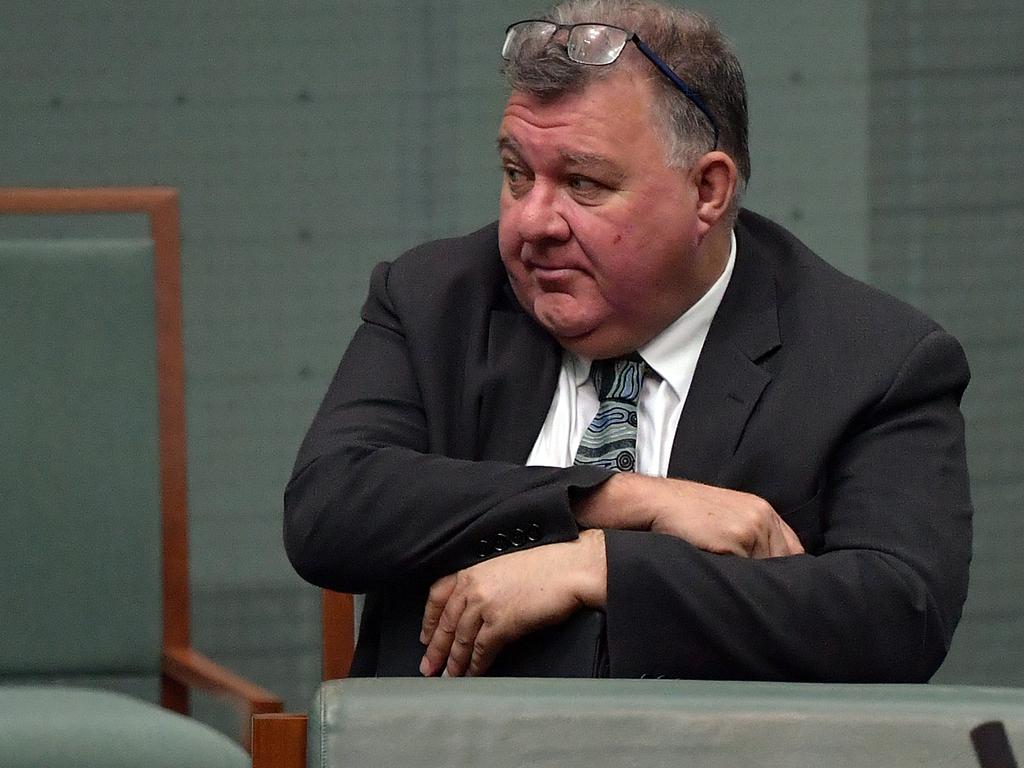

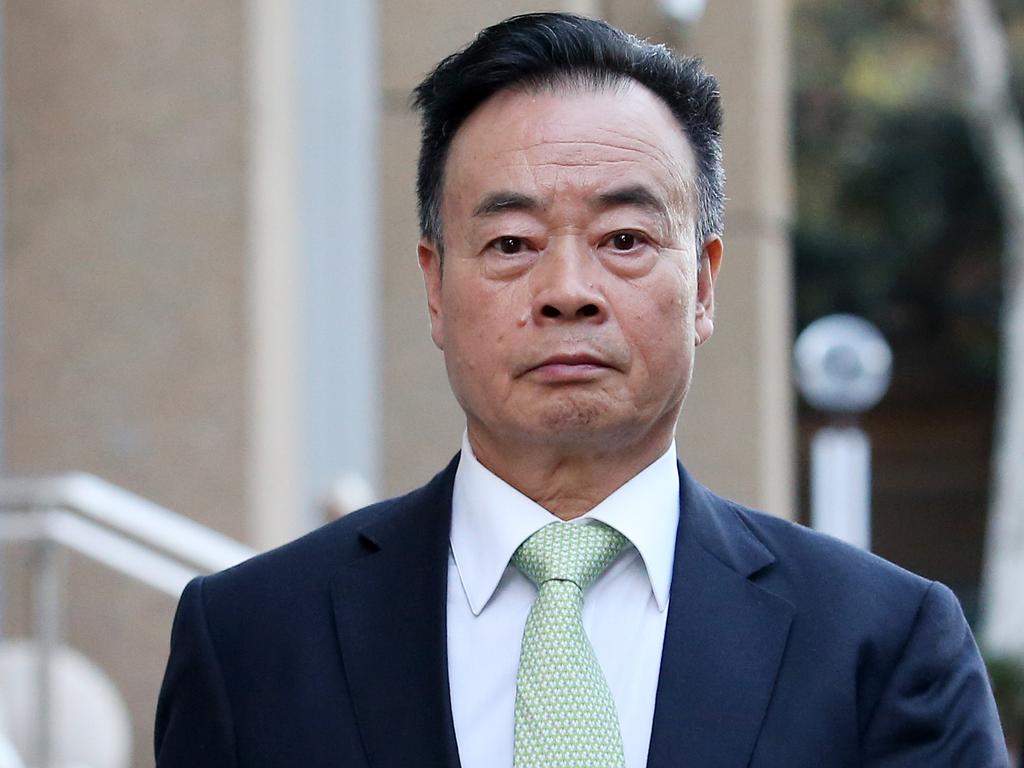
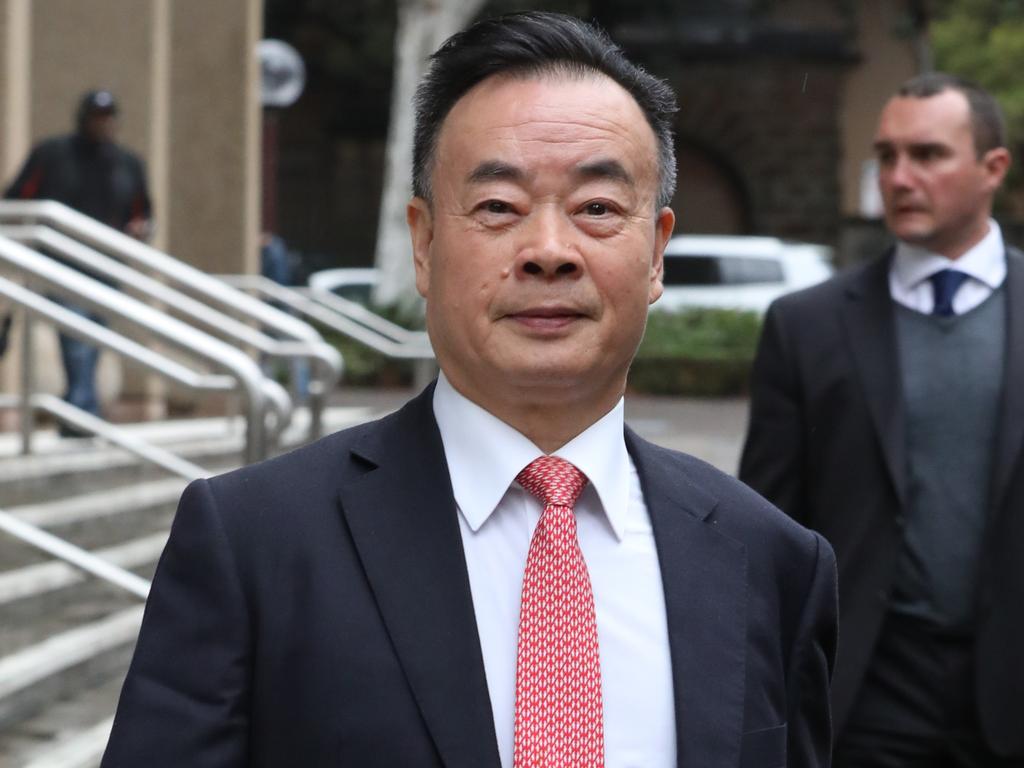


ABC Media Watch, with a large dedicated staff for 15 minutes of weekly television, is too busy policing politically correct thoughts about climate and COVID-19 to do a proper job keeping watch on journalism.